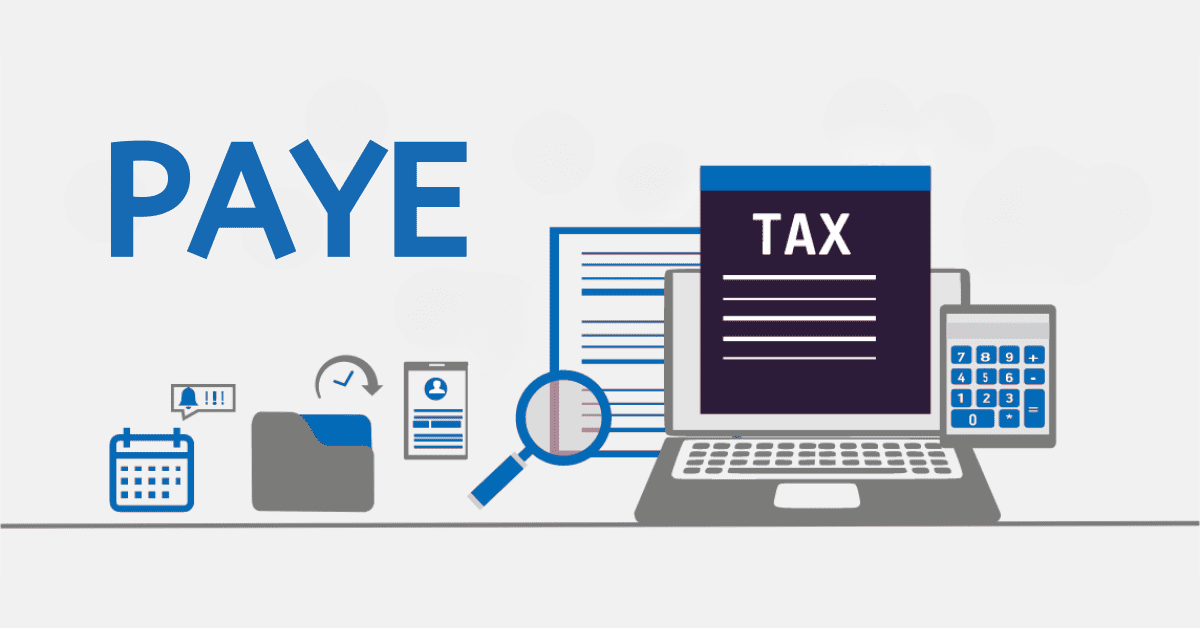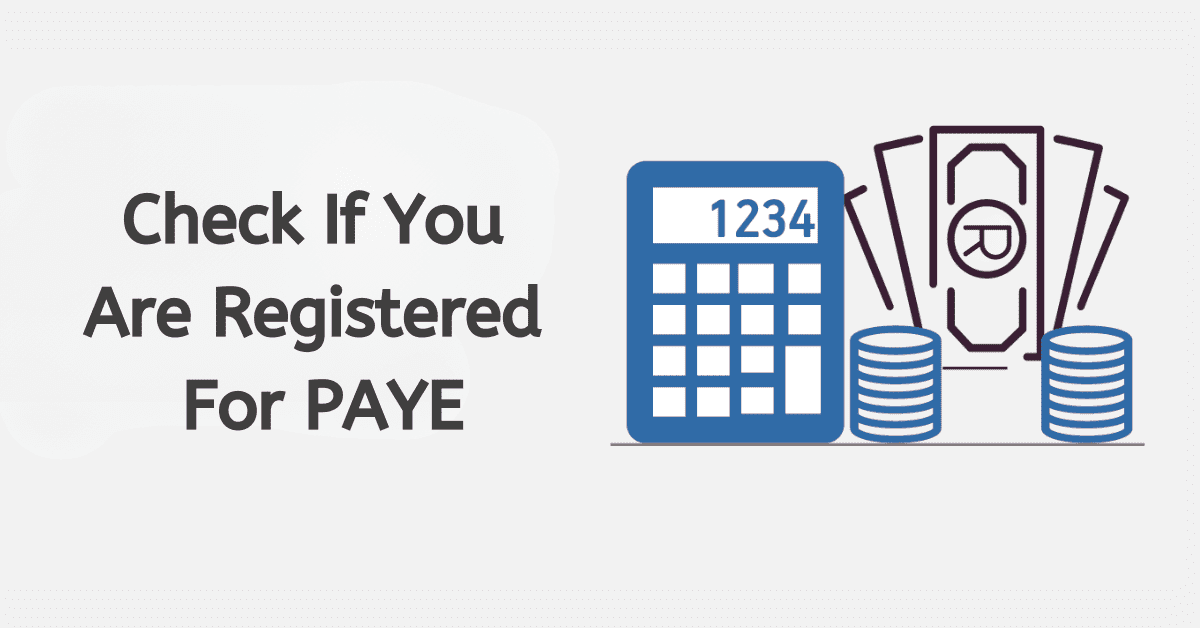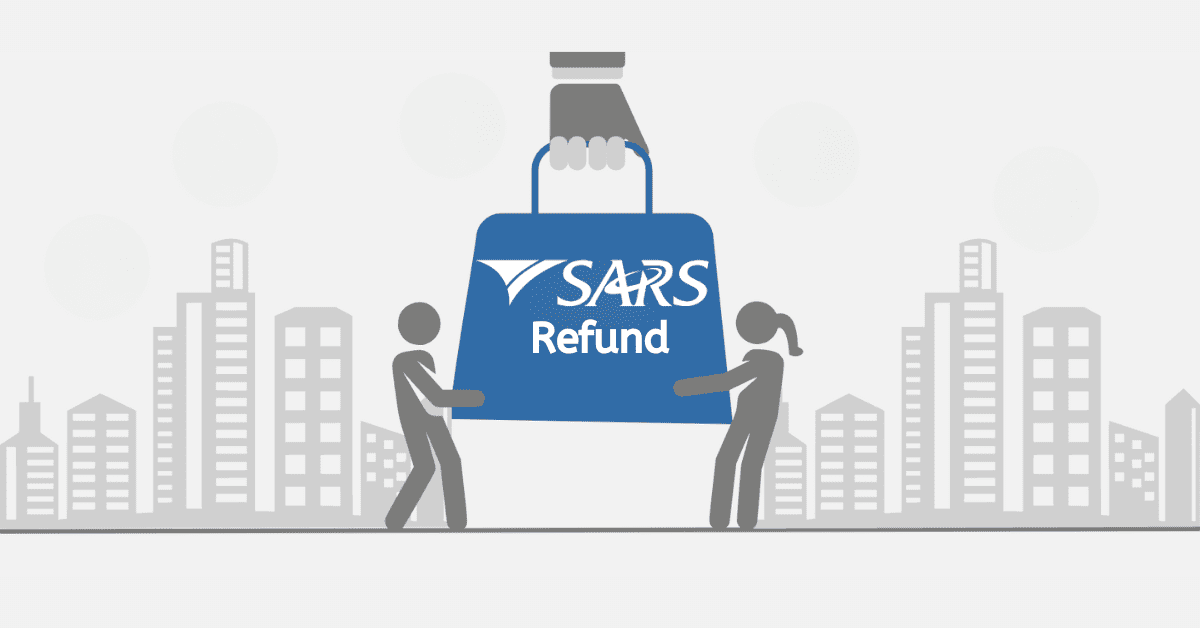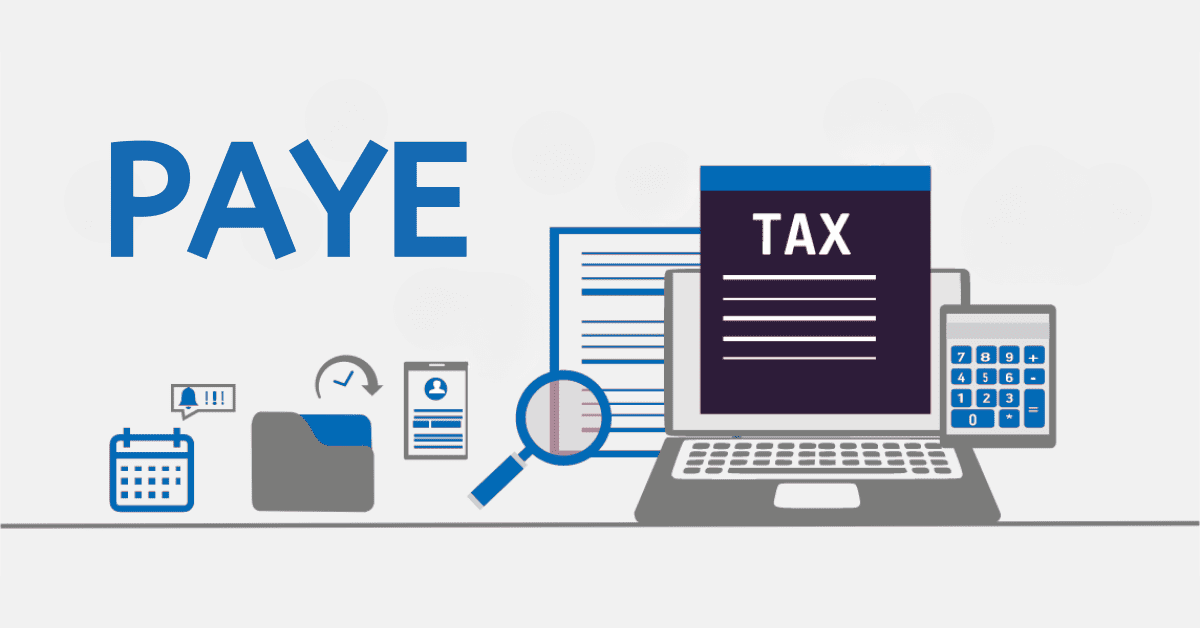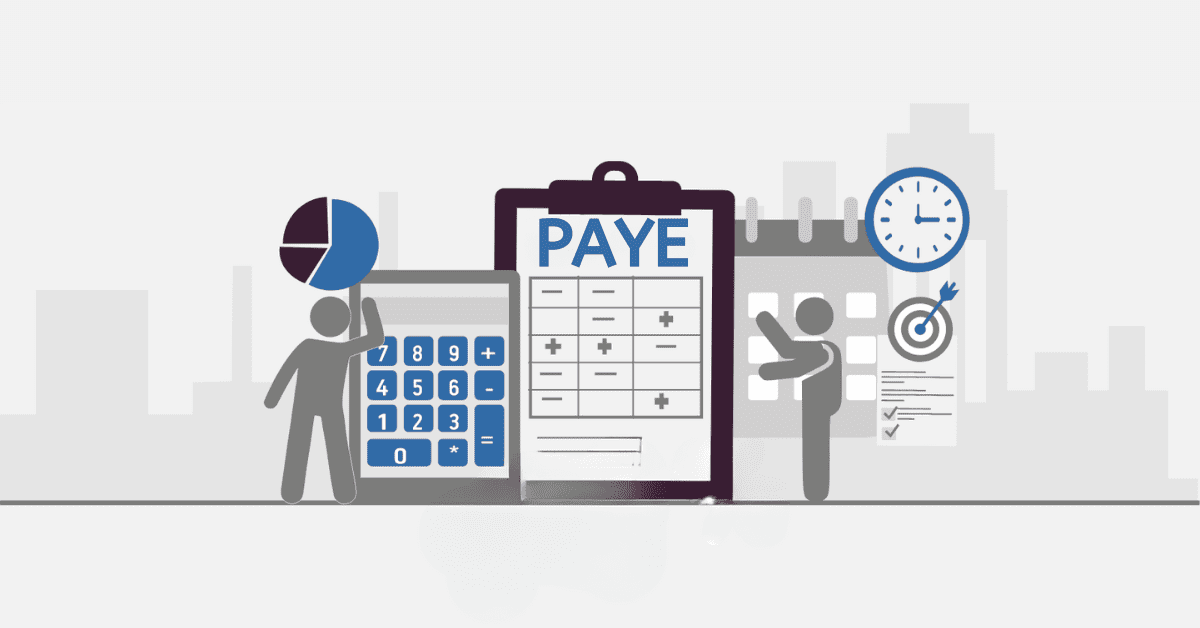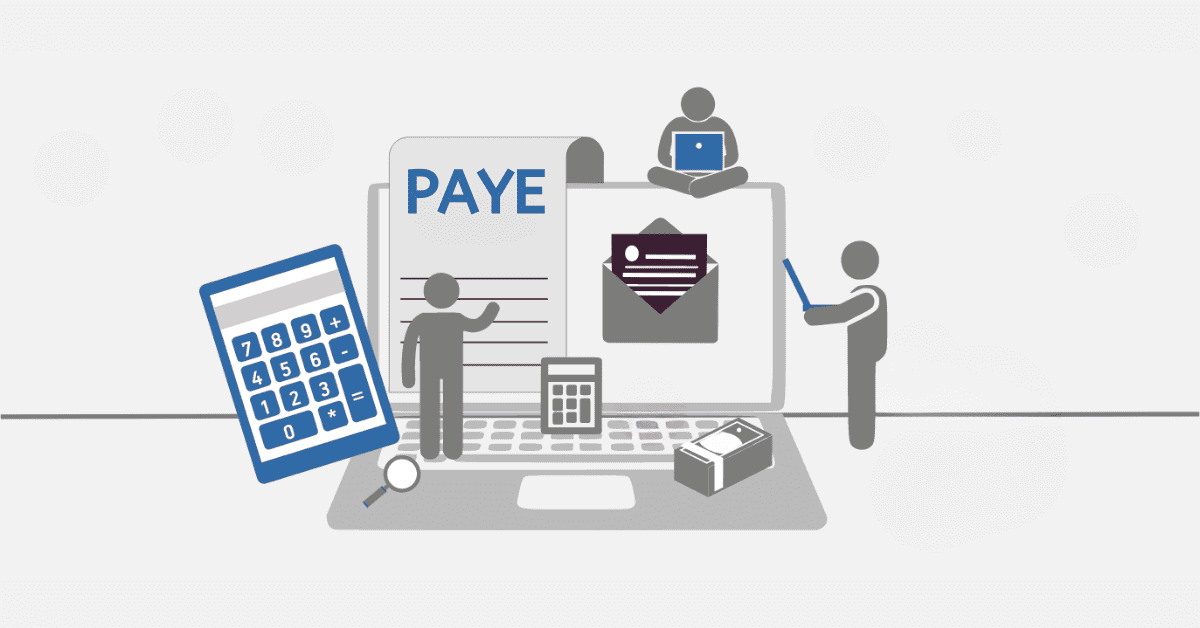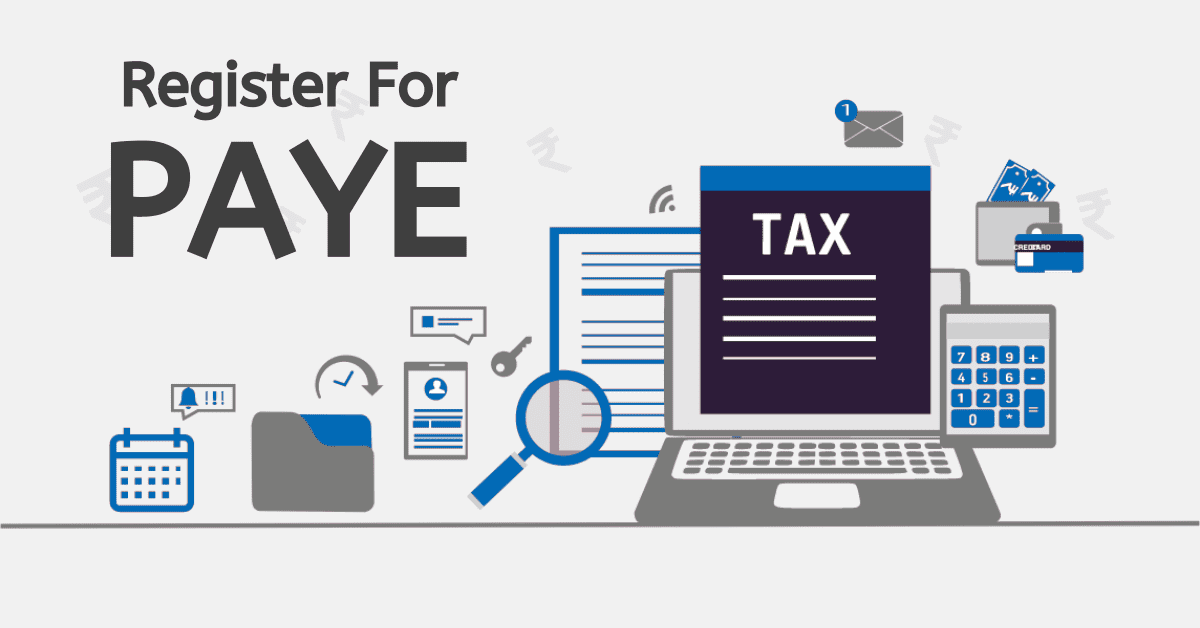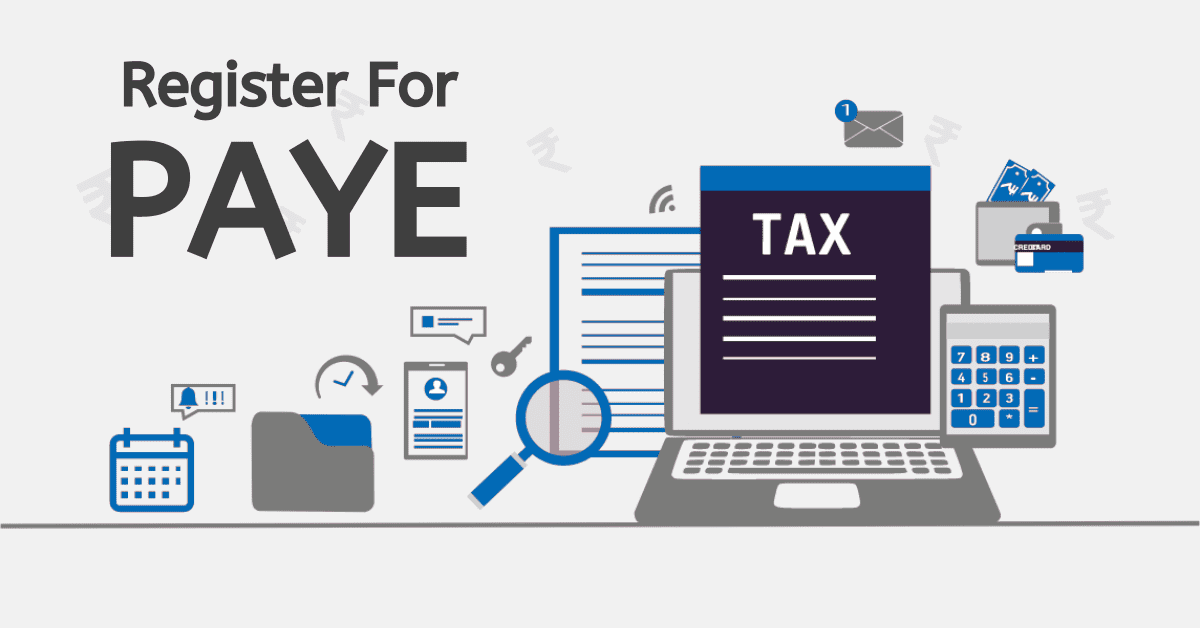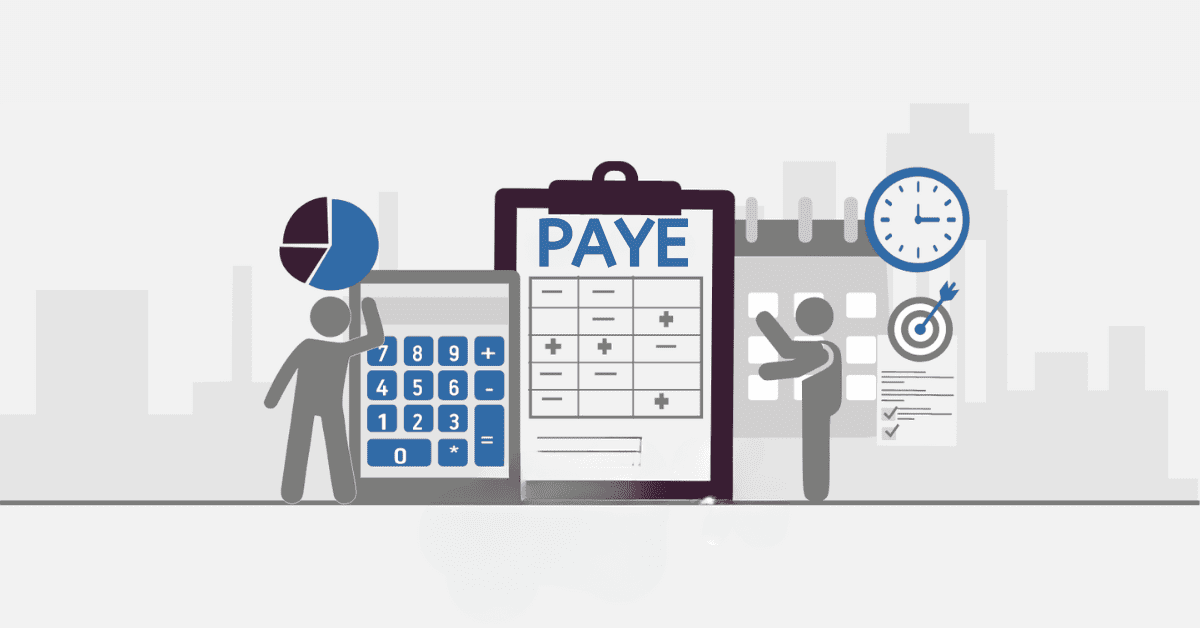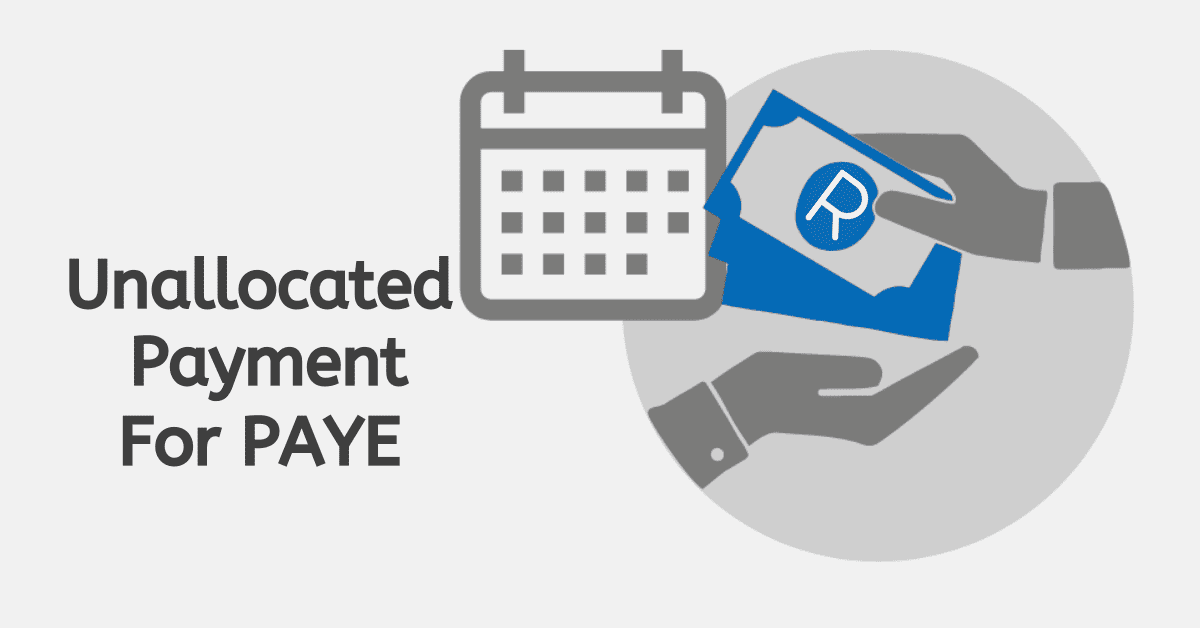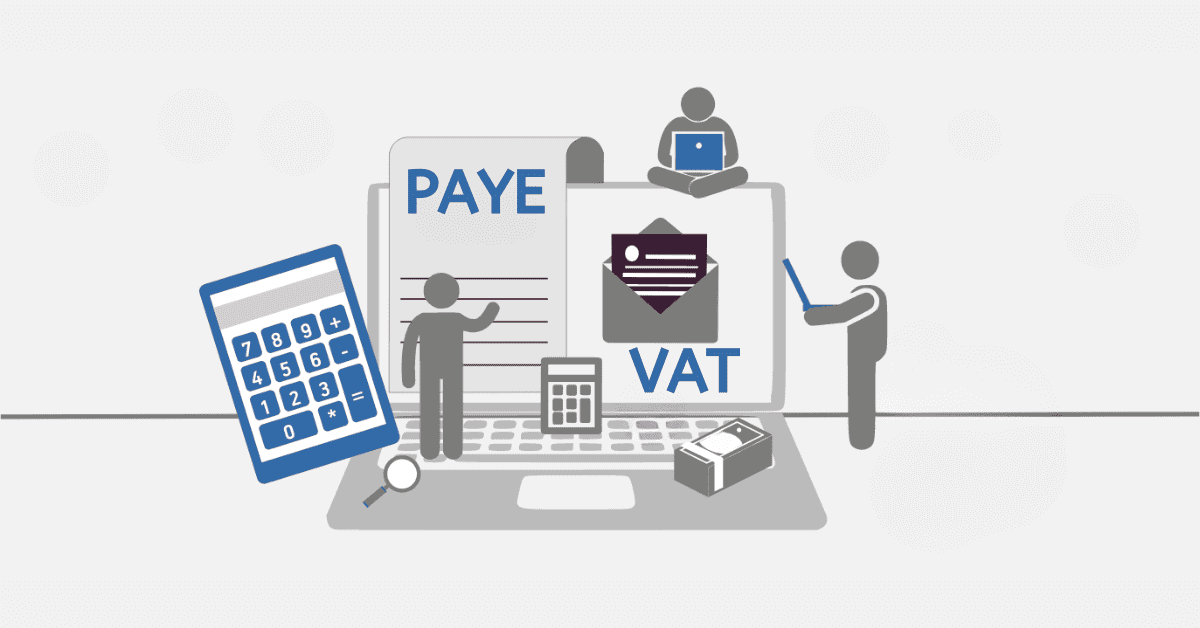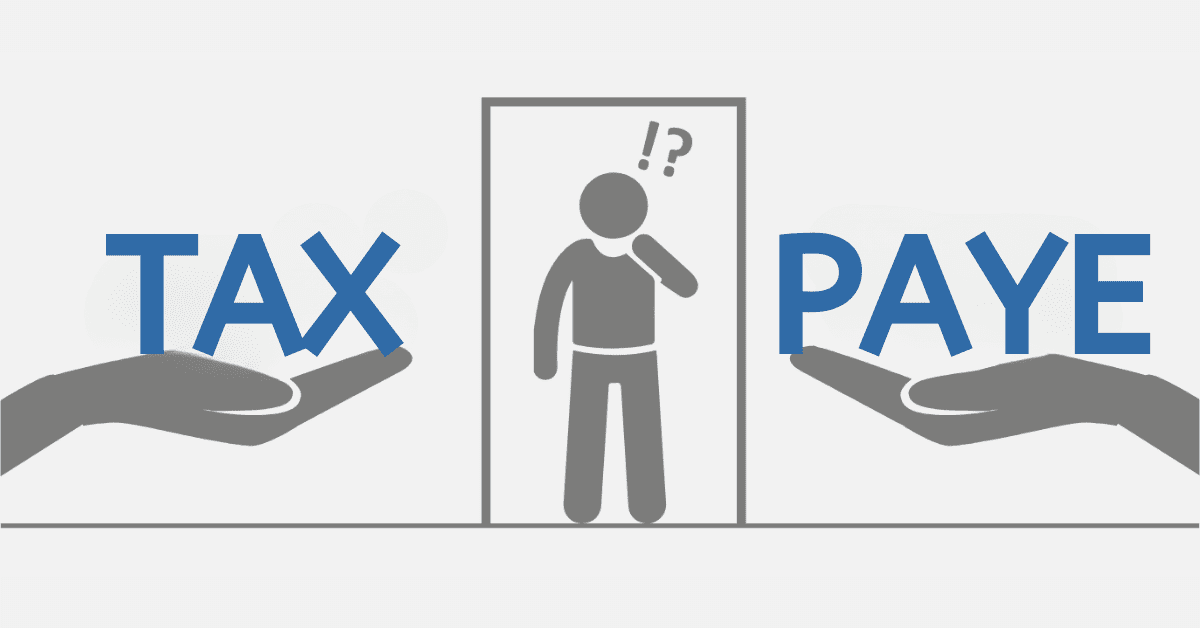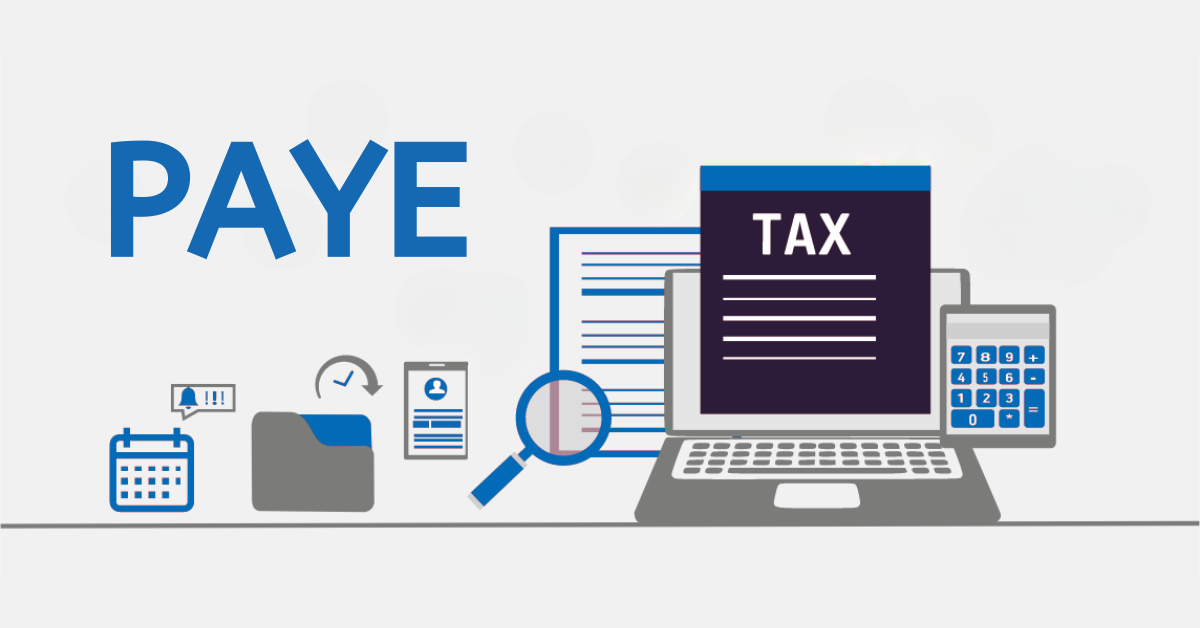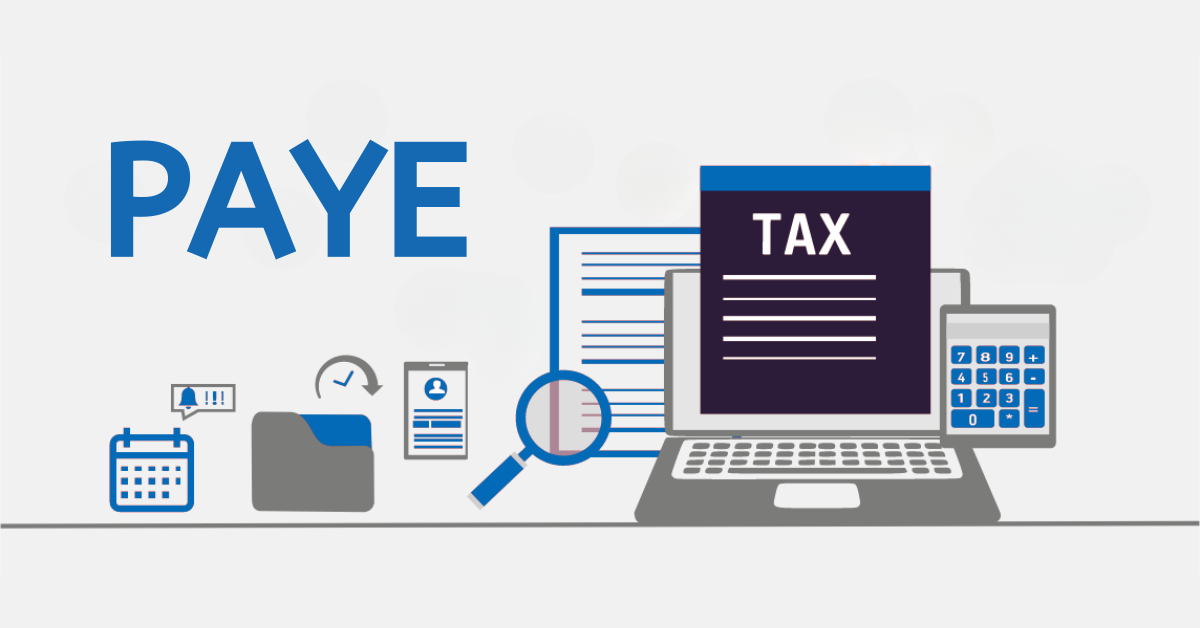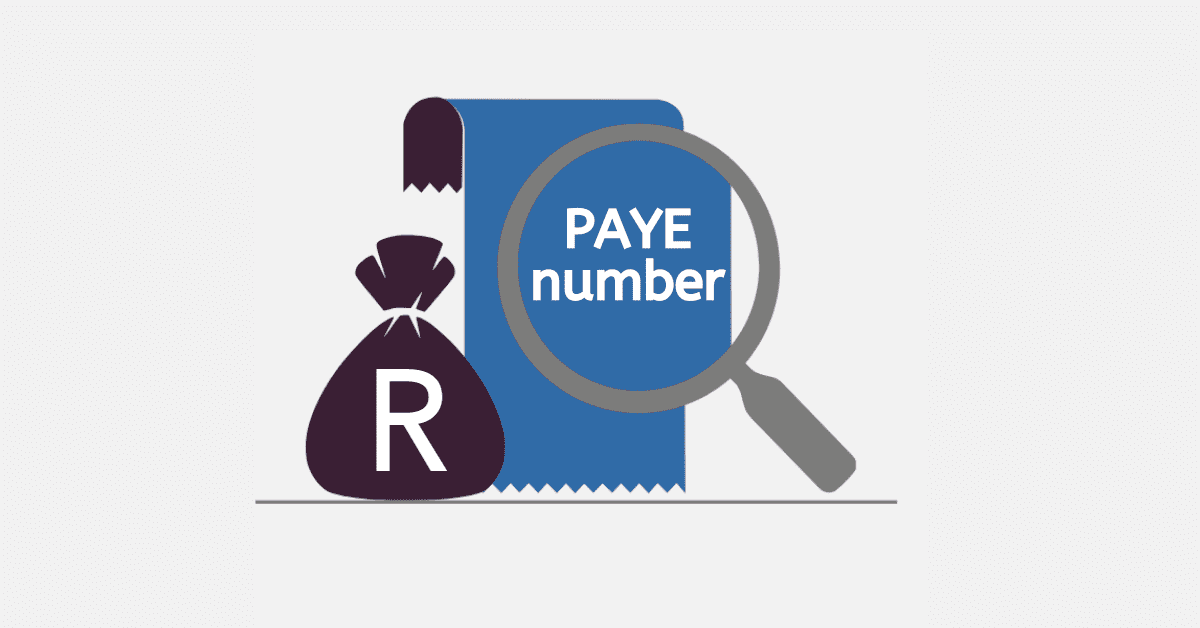No one wants to pay more tax than they have to. While South Africa has done away with the idea that you can take a cash payout instead of your annual leave to promote healthier working habits, you will still receive payment for any leave accrued at the point you leave an employer. While you may be looking forward to a cozy lump sum added to your final paycheck, this leave payment will still be subject to tax and thus must be accounted for in your final PAYE calculation. Today we’re unpacking the basics of how PAYE and leave payouts intersect, so you always feel confident about what your employer (or should we say ex-employer) is doing with your tax money.
Does PAYE Get Deducted On Leave Payout?
Before we discuss PAYE and leave payouts, it is important to reiterate one thing that is commonly misunderstood. You can no longer receive cash instead of leave time while employed by a South African employer. It was found that too many people were working throughout the year without taking any annual leave so they could receive these cash payments- which is not part of a healthy work-life balance! So, for the duration of your employment with a single employer, you will be required to either take your annual leave or forfeit it entirely. Only a specific amount of leave days can roll over to the next leave cycle, now. So it pays to take your holiday entitlement while you have it!
If you are leaving an employer, however, you will be paid out any accrued leave as part of your final compensation package. And yes, regrettably, PAYE does get deducted on this leave payout! Another good reason to take your leave as it accrues and not ‘hold’ too many days in the bag in case.
What Is The Code For PAYE On A Lump Sum?
SARS uses a system of codes to help identify the source of any declared income. This helps identify the source of different income types on your income tax form and ensures you don’t pay tax on anything that doesn’t attract it. Seeing the pages and pages of potential income codes can be very intimidating indeed! Especially as there are many different types of ‘lump sum’ you could be accruing, and you may not know which applies to you. The source code used also determines if the amount is liable to attract PAYE, so they must be correctly classified.
If it is a leave pay-out on termination from the company, it will use the source code 3605, or 3655 for foreign income only. You may also see lump sums on code 3622, which is used for long-term service awards. Other termination lump sums, exclusive of leave accrued, will use the code 3907. Gratuities and severance benefit lump sums typically appear under code 3901.
How Is Leave Payout Taxed In South Africa?
Leave payouts, like many other forms of payout when you leave a company, will be subject to normal income tax and do not need any special tax directive. This means you may temporarily attract PAYE at a higher-than-normal rate, accounting for the higher amount and where it falls on the tax tables for that specific payout.
This is another good reason to submit your income tax return every year, even if you technically fall in the category of South Africans who don’t have to file one. Employers will deduct PAYE based on your gross income for a specific month and where it falls on the tax tables. However, this isn’t always a holistic view of your tax obligations taken over the entire year. For example, if you were to stay unemployed for several months in the year, this could greatly reduce your overall tax liability- but won’t have been accounted for by your previous employer’s PAYE deductions made on your behalf.
How Much Tax Is Deducted From My Leave Payout?
How much tax will be deducted from your leave payout is highly dependent on your current rate of income tax, and will be different from person to person. Remember that your leave payout will be added to your final salary, along with any other amounts you are due, severance pay, and other factors, and taxed accordingly.
While employers are obliged to deduct PAYE based on the gross amount you receive that month, it may not be properly indicative of your actual income tax due through the year and can be affected by a range of factors. This is, once again, why it is a good idea to submit an annual income tax return, to properly account for everything that happened through the year and other allowable expenses (like non-employer medical aids or RAs) you have, even if you have technically paid PAYE throughout the year.
Adding leave pay to a final check adds another degree of complexity to PAYE calculations, but hopefully, you now feel firm in the basics of how this is calculated.
